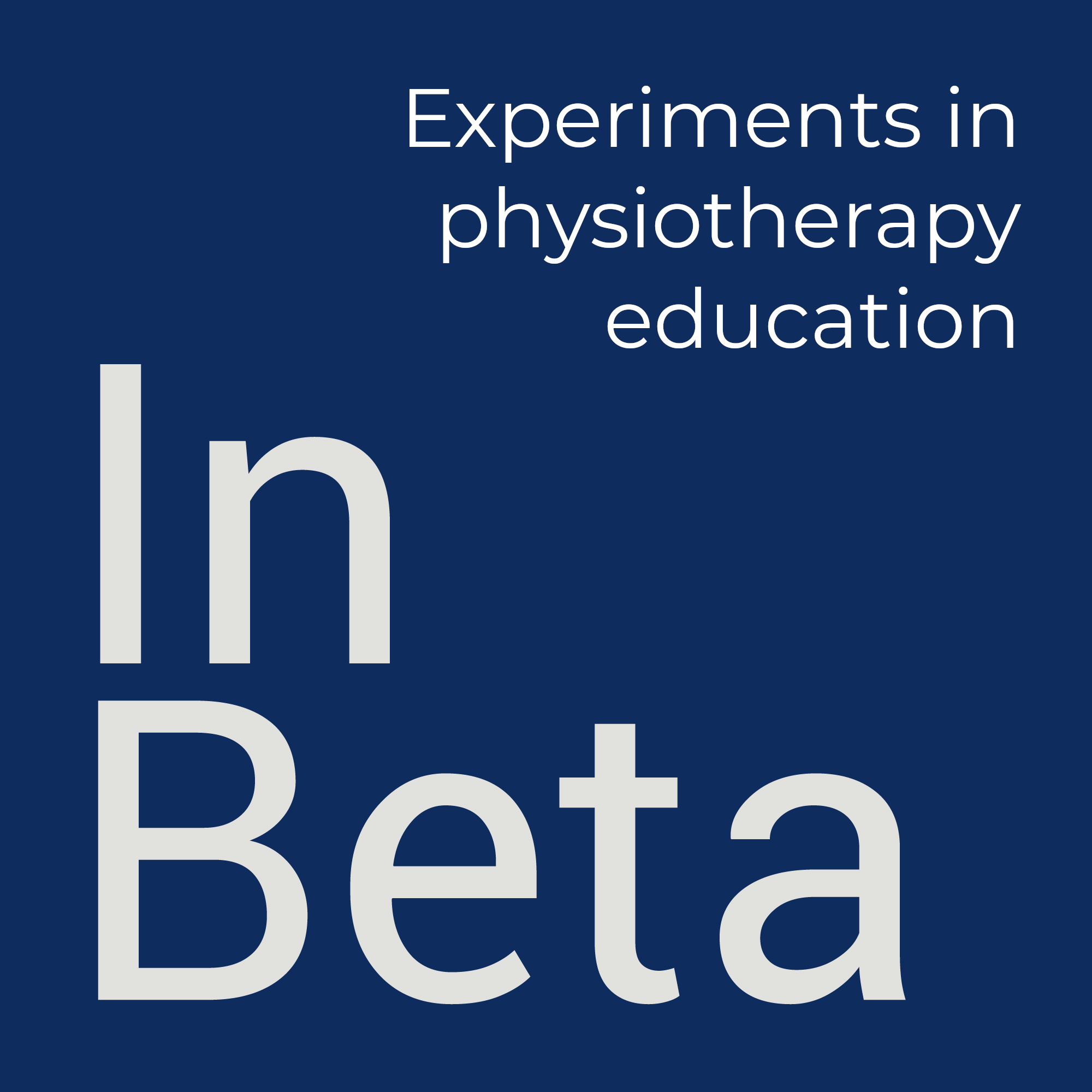In this episode we talked about whether assessments and teacher-student relationship are even necessary (turns out that they are), whether teaching should be fun (as usual, it depends), whether spending less time on social media is necessary (possibly, but maybe it’s just that our self-control is lacking), and what our best teaching moments in 2018 were.
1 CommentCategory: Podcasts
In this episode, we had a relatively free-flowing conversation on the issues of classroom-based assessment. We wanted to get into the specifics of the essays, MCQ tests, reflections and other theory-type papers that students write as part of their curricular work. Of course, we recognise that there is no real distinction between “university” and “clinical” assessment in practice but we wanted to specifically discuss the kinds of assessment tasks that lecturers typically set for students in the classroom.
Leave a CommentIn this episode, I talk to Stephen Maloney and Jon Foo on the topic of cost and value in health professions education. Steve and Jon are both associated with the Society for Cost and Value in Health Professions Education, an organisation that aims to advance effective and sustainable health professions education by increasing the evidence base for decision making, particularly with respect to questions around the cost of educational interventions, and the value returned as a result.
Leave a CommentEarlier this year the Critical Physiotherapy Network published Manipulating practices: A critical physiotherapy reader. The book is a collection of critical writing from a variety of authors dealing with a range of topics related to physiotherapy practice and education. One of the interesting features of this collection is that it is completely open access, which means that the authors, and not the publishers, have the intellectual property rights to make choices about what is permissible to do with the content of the book. While the entire book is available in different formats, including PDF, HTML, EPUB and XML, there is no audio version. As an experiment, we published one chapter of the book as a podcast too see what kind of response we get. This episode is that chapter.
Leave a CommentIn this episode of In Beta we talk to Joost van Wijchen at the HAN University of Applied Science in the Netherlands. For the past 3 years Joost and some of his colleagues have been experimenting with what they call guided choice-based learning, a short description of which might be that it is a curriculum without the curriculum. At the heart of the concept is the idea that, within any educational programme, content and instruction should not be the main focus for educators. Rather, the emphasis is on the novice colleague (or student) who develops and becomes an autonomous, socialised physiotherapist with true confidence in their own competence and capabilities.
Leave a CommentIn this episode, David Nicholls from the Auckland University of Technology talks about their (relatively) new clinical practice assessment form, as well as the process of development and implementation. During the conversation, we move from the instrumental mechanics of how the form works to discussing how the deeper aspects of practice are informed by the social norms of the profession, and how these subtly influence the choices we make about clinical assessment.
Leave a CommentIn this episode, we discuss internationalisation of the undergraduate physiotherapy curriculum, considering the significant amount of interest (and funding) that is currently being invested in it as a pedagogical strategy. We talk about what we understand it to be, how to go about doing it, and how to determine if it’s working.
Leave a CommentIn this first episode of the In Beta podcast, Ben Ellis, of Oxford Brookes University, hosts a discussion on the use of inquiry-based learning to develop critical thinking in students as part of a module on long-term conditions.
Leave a Comment








